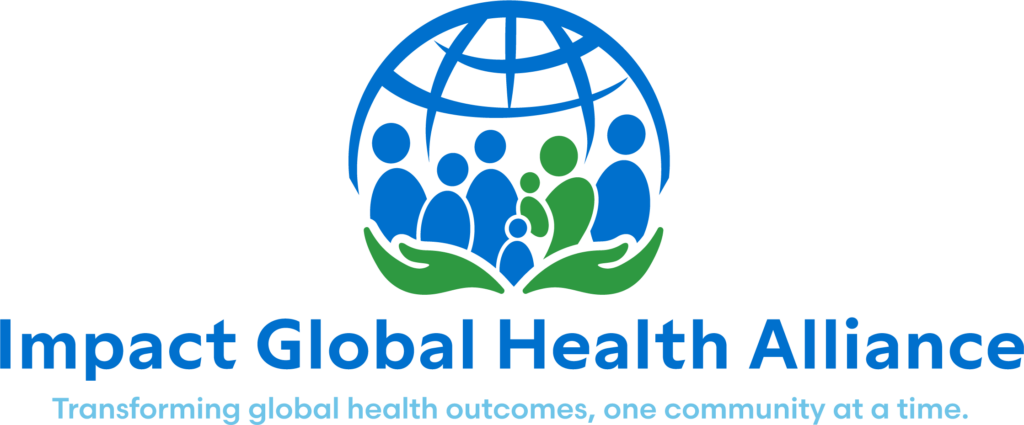By Andrew Herrera, Impact Global Health Alliance Global Program Associate
Last week I participated in the North Carolina State University Conference on Inter-Americas Peacebuilding, sponsored by the School of Public & International Affairs, the United States Institute of Peace, and the Institute of International Education. The conference gathered local representatives from the International Affairs Council, Witness for Peace, UNC-Chapel Hill and RTI International to discuss peace in the Americas and how development efforts are related to peacebuilding. After working for four years with Impact Global Health Alliance’ Guatemala programs this discussion and presentation helped me to see more clearly how Impact Global Health Alliance Global’s approach directly promotes peace and justice through community mobilization and empowerment.
In each region where Impact Global Health Alliance works, our first action is to partner with a local organization and begin to build trust with communities. Because we mostly work in rural, post-conflict settings, trust is not easy to come by; many people have seen atrocities, fled for their lives, and are fearful of strangers. Our partnerships are critical to successfully building trust as each partner understands the local language, culture, and is invested in the community. Through many conversations, we bring community leaders together to discuss how we can work with them to address their needs. Community mobilization is a technical phrase in development for participation from all community members. We continually ask for support, input, and feedback from all community members and leaders as we work together to develop the local health care programs. This participation includes the local government and other institutions working in the community.
By bringing together all of these people for informed and meaningful discussions, trust is built. Trust, between community members, leaders, local government, and other institutions, is built through discussion and mutual collaboration. We bring together stakeholders within individual communities, and we also bring different communities together to get to know each other and work together, like neighbors. In our program in rural Guatemala, communities are encouraged to elect volunteer committee members to represent their community at regional meetings where the process of participatory development continues. In a country with 27 recognized languages[i], and a recently terminated 36-year civil war, Guatemalans understand the meaning of mistrust and are slowly rebuilding confidence in each other. Through participatory programs, Impact Global Health Alliance Global increases collaboration among and within communities while increasing access to shared resources. All people have a voice, are heard, and see that peace and trust are the new reality in their communities.
One challenge we face in working with marginalized populations including women and rural, indigenous groups, is a lack of self-confidence. Our participatory approach is giving beneficiaries a voice and empowering them to manage their health in a dramatically different way than they ever knew was possible. We question the community leaders on their priorities, how to achieve their goals, and how Impact Global Health Alliance will be essential in meeting those goals to improve the well-being of the community. Communities vote on and speak to their needs and desires.
At smaller meetings of 10 women or so, educators share information on how to prevent death in labor and how to feed babies appropriately. Women speak to each other about their experiences, are encouraged by one another, and are empowered to take ownership of their health. Through education and social support, women, community members, and local leaders are strengthened and provided with the necessary resources to create a healthy community, to prevent deaths, and to work towards equality for all. Today there are women and families who are afraid to visit the clinic or hospital because of their social position or their misunderstanding of the role of the health facility. Through education, discussion, and support, these families will be able to speak up when they need a health provider in order to prevent a mother’s death or a baby’s illness. Their empowerment is a success for the entire community and contributes to peace among neighbors, communities, and the government.
Peace is a continual process that can be seen in many areas of development. Equal access, understanding, and affordability are critical components for marginalized people to feel that peace and justice can be realized for them and for their families. Being a part of this conference helped shed light on the connection between peace and health care. I am excited to continue this discussion with our partners and community members in Guatemala this spring.
[i] Lewis, M. Paul, Gary F. Simons, and Charles D. Fennig (eds.), 2013. Ethnologue: Languages of the World, Seventeenth edition. Dallas, Texas: SIL International. Online version: http://www.ethnologue.com.




